AKF signs new agreement with the UK government to support Afghanistan’s recovery and rebuilding efforts
Multi-sector programme aims to support families and communities after years of drought, conflict, and economic instability
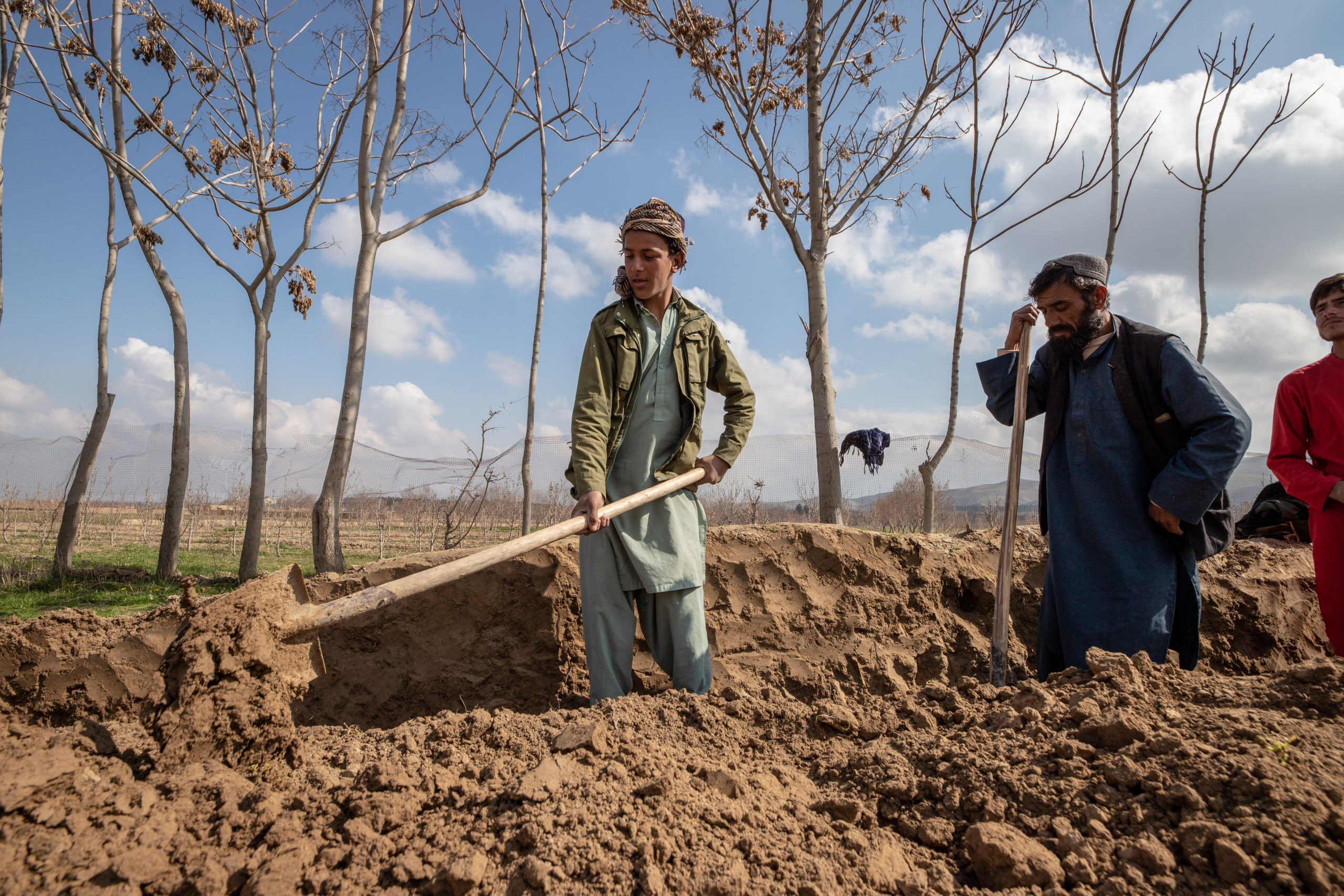
The Aga Khan Foundation (AKF) and the UK government have partnered in Afghanistan for many years to strengthen girls’ education in remote areas of the country. A new agreement will expand this partnership to include support for agriculture and livelihoods and access to healthcare. The £11.2 million grant will support AKF’s efforts to help Afghans move beyond immediate humanitarian relief to supporting communities to rebuild.
For over a year, the humanitarian situation in Afghanistan has been dire. Employment in agriculture and non-farming sectors has decreased, and families and communities have depleted their assets and savings to cover basic expenses. Drought has impacted agricultural productivity and created further food insecurity. Micro and small enterprises are struggling to survive and grow due to a lack of access to finance and weak investment, and the overall economic instability.
With a lack of international financing, the health system has been placed under severe strain, leading to rising rates of neonatal, under-five and maternal mortality. Sanctions and the freezing of aid have led to severe education funding cuts, putting at risk the continuity of learning of around 10 million children. Together, these factors have left rural communities with an even greater lack of resources, access to services, and capacity to cope with further shocks. The impact on the quality of life has been enormous.
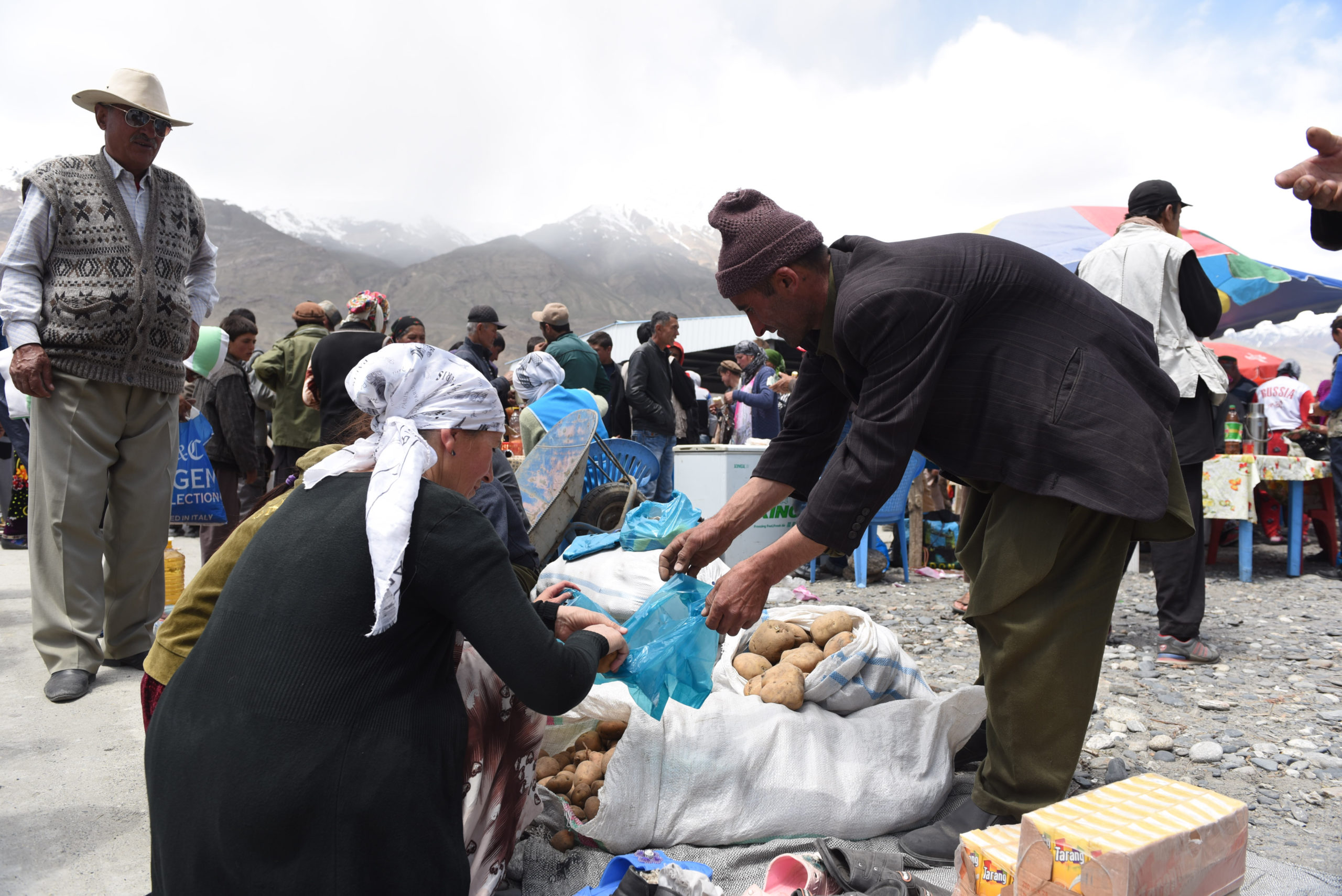
Through this new partnership, AKF will address gaps in the provision of education and health services and provide both on- and off-farm livelihoods support, reaching over 800,000 people across nine provinces including Badakhshan, Bamyan, Baghlan, Daikundi, Kunduz, Kabul, Parwan, Samangan, and Takhar.
Education activities aim to improve access to inclusive and quality learning opportunities for primary aged children, including 5,000 girls and 3,000 boys through community-based approaches. As many students have missed over two years of education due to COVID-19 and the ongoing humanitarian crisis, AKF will also recover and sustain learning through catch-up classes for 15,000 adolescent girls and 10,000 adolescent boys.
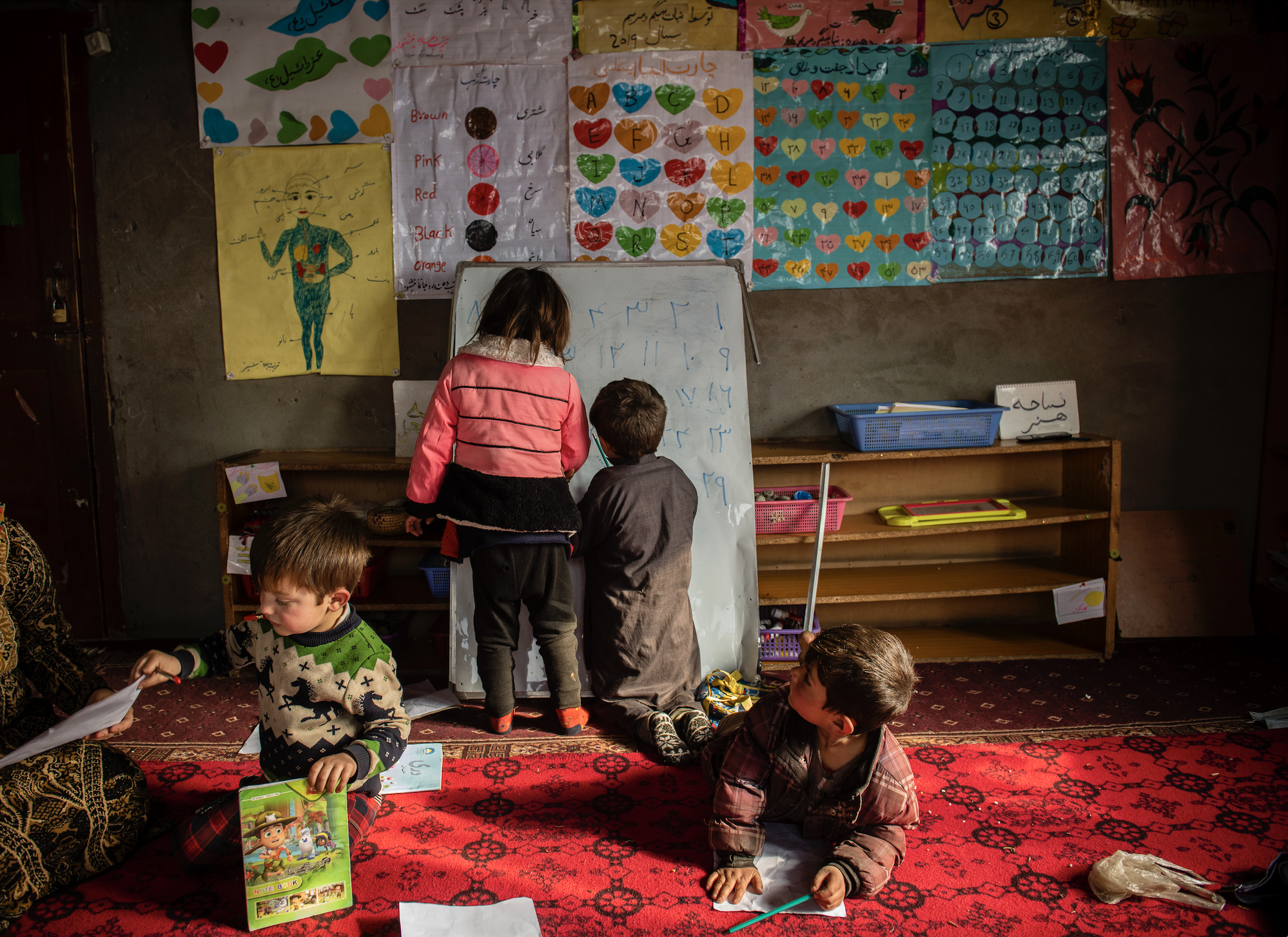
To fill the most pressing gaps in a severely under-resourced health system, the programme will focus on immunisations and maternal and child health. Mobile and remote immunisation services are expected to reach over 23,000 children and 35,000 women. Support to health and hospital clinics will improve access to essential life-saving maternal and child health services in underserved areas, reaching over 31,000 women and 11,500 children.
Recognising that a large percentage of the Afghan population has and continues to suffer from trauma, AKF will also provide medical and psychological support services, especially to survivors of sexual and gender-based violence.
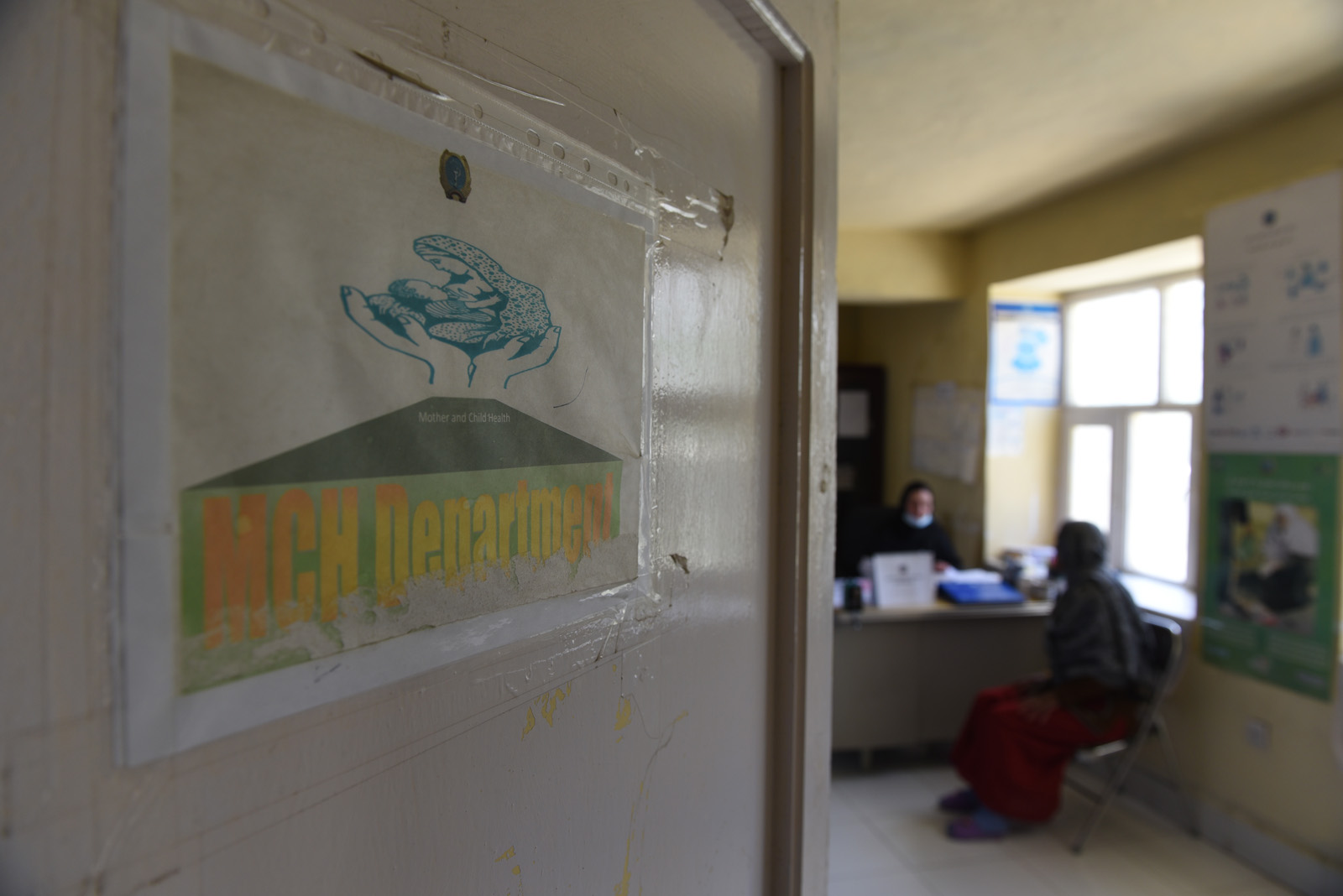
While women face heightened restrictions on their mobility and employment, opportunities exist in home-based income generating activities and micro enterprises. As such, AKF will support the establishment of processing centres run by women which will purchase local produce and introduce value addition through canning and preserving. In turn, this will contribute to reducing agricultural losses, providing income to producers, and boosting incomes of women.
The programme will improve the incomes of Afghanistan’s remote communities in a number of other ways, including supporting micro, small and medium enterprises to grow, supporting 15,000 smallholder farmers in the production of wheat and vegetables (including over 7,500 women farmers), and providing cash for work opportunities for those without land.
The cash for work opportunities will restore irrigation canals and degraded land, improving agricultural productivity and 30,000 livestock farmers will be offered animal health services for their livestock and provided with fodder (food for their livestock).
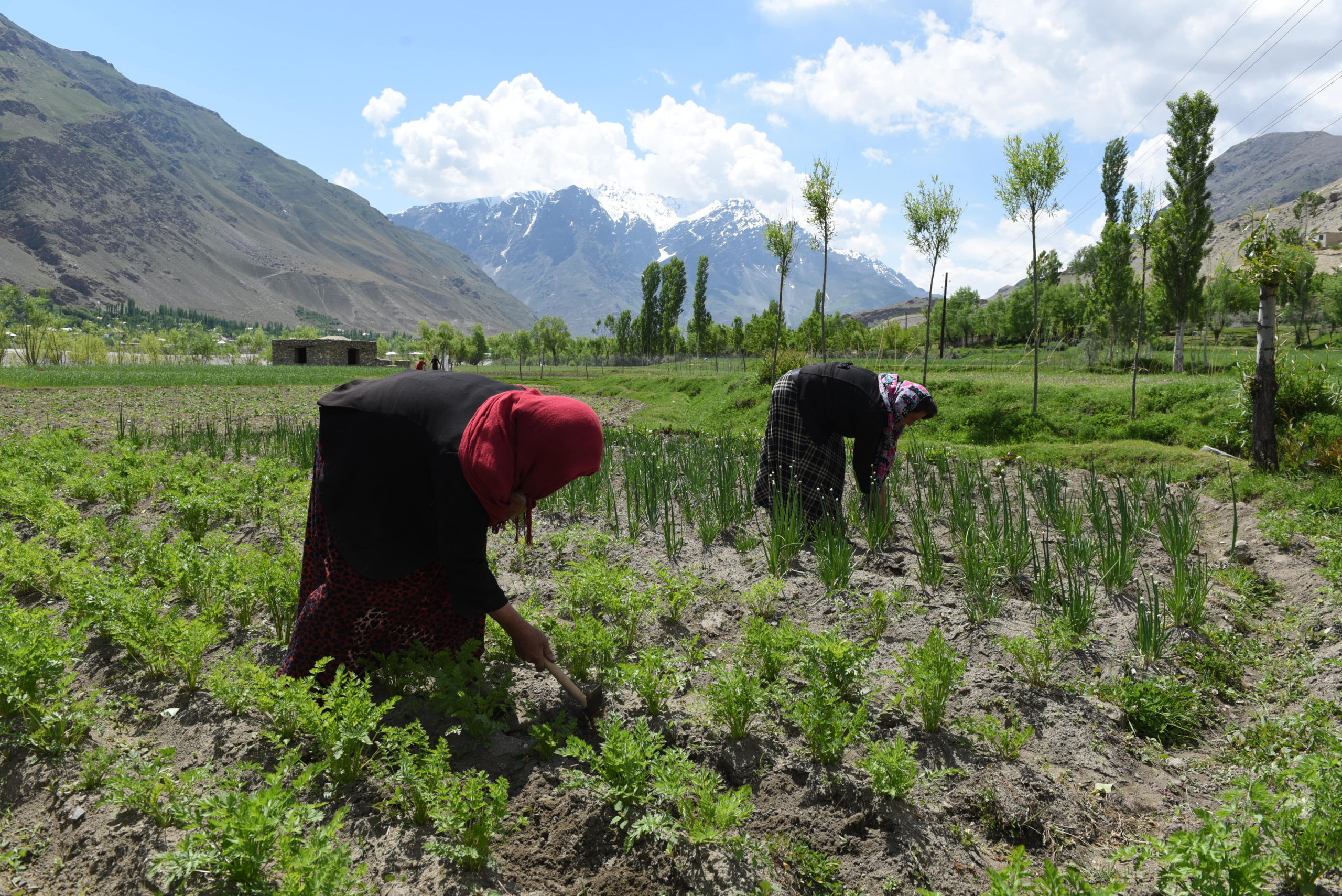
Through this and all of its programmes, AKF is working to build the resilience of vulnerable Afghan communities so that they are better equipped to respond to the evolving nature of this crisis. AKF is firmly committed to the people of Afghanistan and will continue to nurture partnerships in order to provide effective, sustainable and locally relevant support.
This article was written by Kendra Schreiner, Partnerships Manager, Aga Khan Foundation UK.
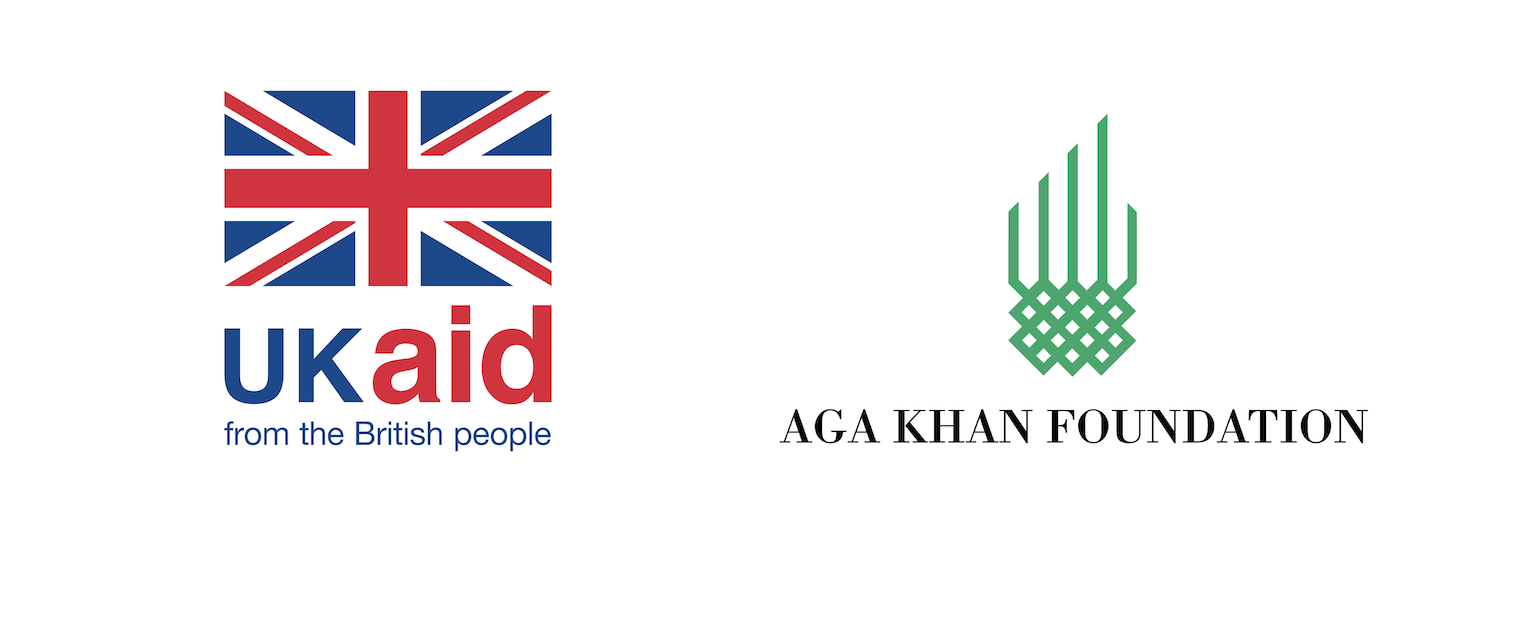
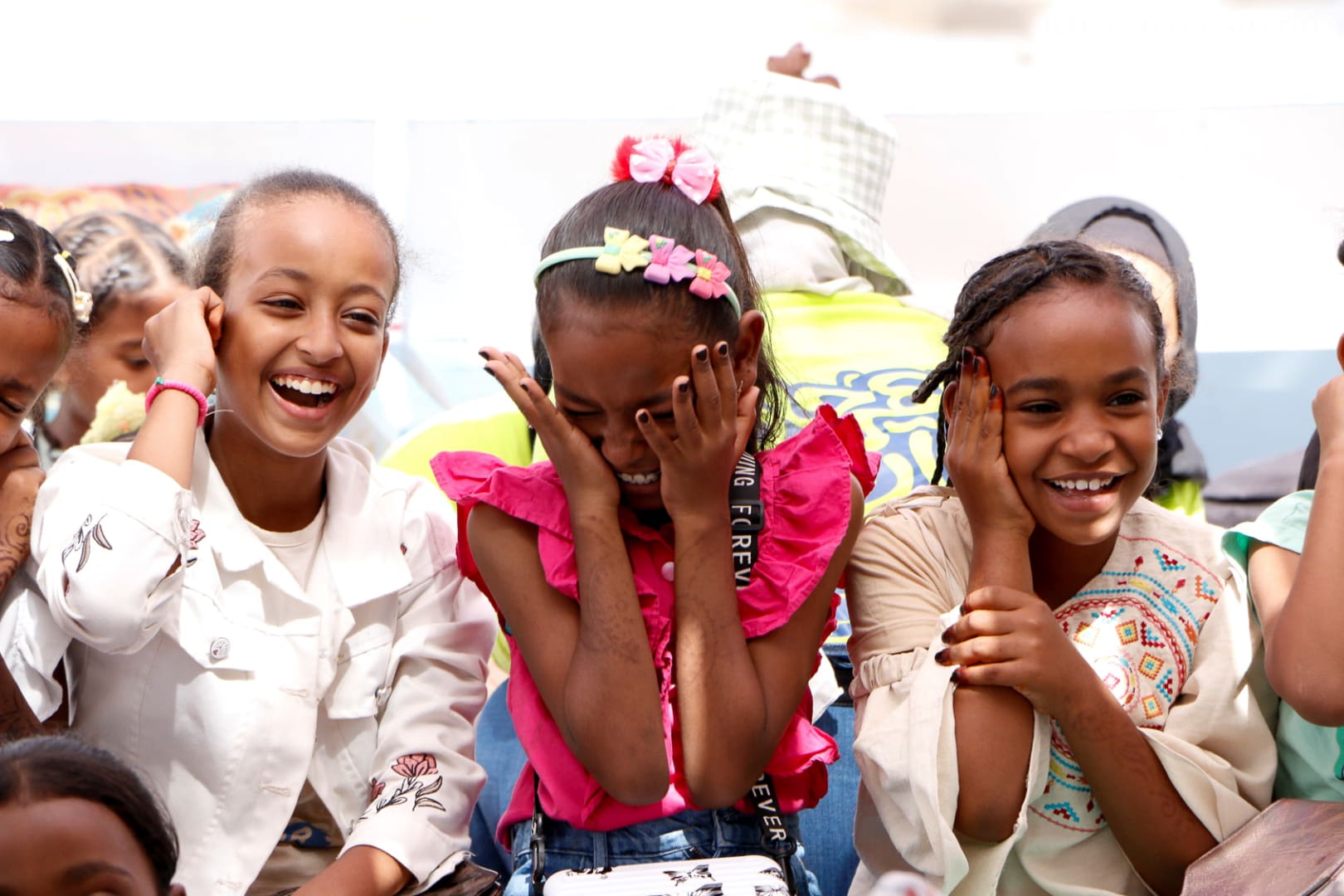
Support our work Your donations are helping us build a future where we all thrive together.